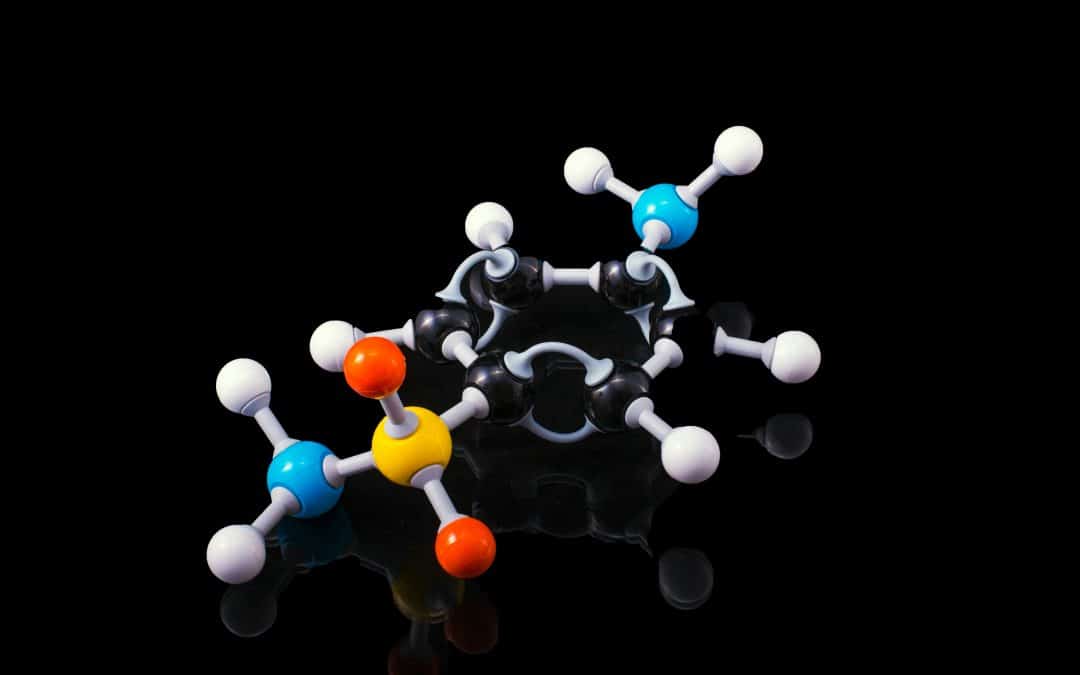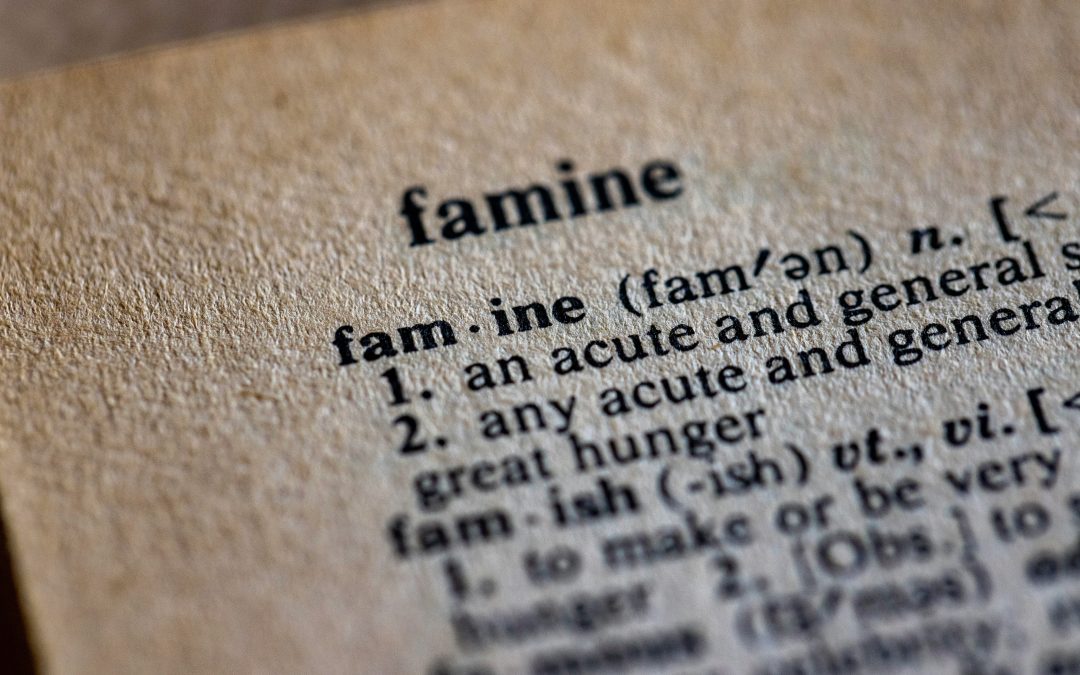
by Roseanne Reilly | Sep 16, 2025 | Brain Chemistry, CPTSD and PTSD, Dysregulation, Guest Contributor, Yoga
The Weight of Tension: bare with, this is quiet an extensive blog written to answer a couple of questions by some of my readers I have also added a video link to help you get a feel for this Nervous System Informed Approach to healing. Before You Begin: As you read...

by Heather Jurvelin | Sep 3, 2025 | ACEs, Brain Chemistry, CPTSD, Guest Contributor
Healing is a little like coming off a diet that you didn’t want to be on in the first place. Suddenly, all the things you craved (along with some things you didn’t even know you wanted) lay before you like a feast. You find yourself at life’s table, ravenous and ready...

by Jesse Donahue | Aug 26, 2025 | Brain Chemistry, CPTSD, Guest Contributor, OCD
The Smoldering Embers of Complex PTSDBy Jesse B. Donahue 2024 ©The metaphor of smoldering embers nicely depicts my experience of day-to-day life. No smoke is coming from my ears, but hiding and avoiding social experiences are efforts to control a threatening fire....

by Dr. Mozelle Martin | Aug 20, 2025 | Brain Chemistry, CPTSD, Guest Contributor, Mental Health Professional
So, you don’t flinch anymore. The song that used to destroy you? Doesn’t even register now.You can talk about what happened—maybe even crack a joke. No lump in your throat. No tears. No panic. But here’s the thing: that doesn’t automatically mean you’re healed. It...

by Betsy Roy | Jul 31, 2025 | Brain Chemistry, CPTSD, Emotional Wellness, Guest Contributor
“Choice paralysis” is a popular term in psychology, meaning the sense of overwhelm some people experience when faced with long restaurant menus or too many clothes on a rack. It can sound counterintuitive. Aren’t more choices inherently better? The concept has seeped...

by Morrene Hauser | Jul 24, 2025 | ACEs, Brain Chemistry, CPTSD, CPTSD and PTSD, Guest Contributor
***TRIGGER WARNING: This blog discusses child abuse, including sexual abuse.*** By Morrene Hauser THE SHIVERS: When the nervous system is in such a state of overwhelm due to ongoing stress and anxiety that the body shivers and shakes uncontrollably. I can finally...










